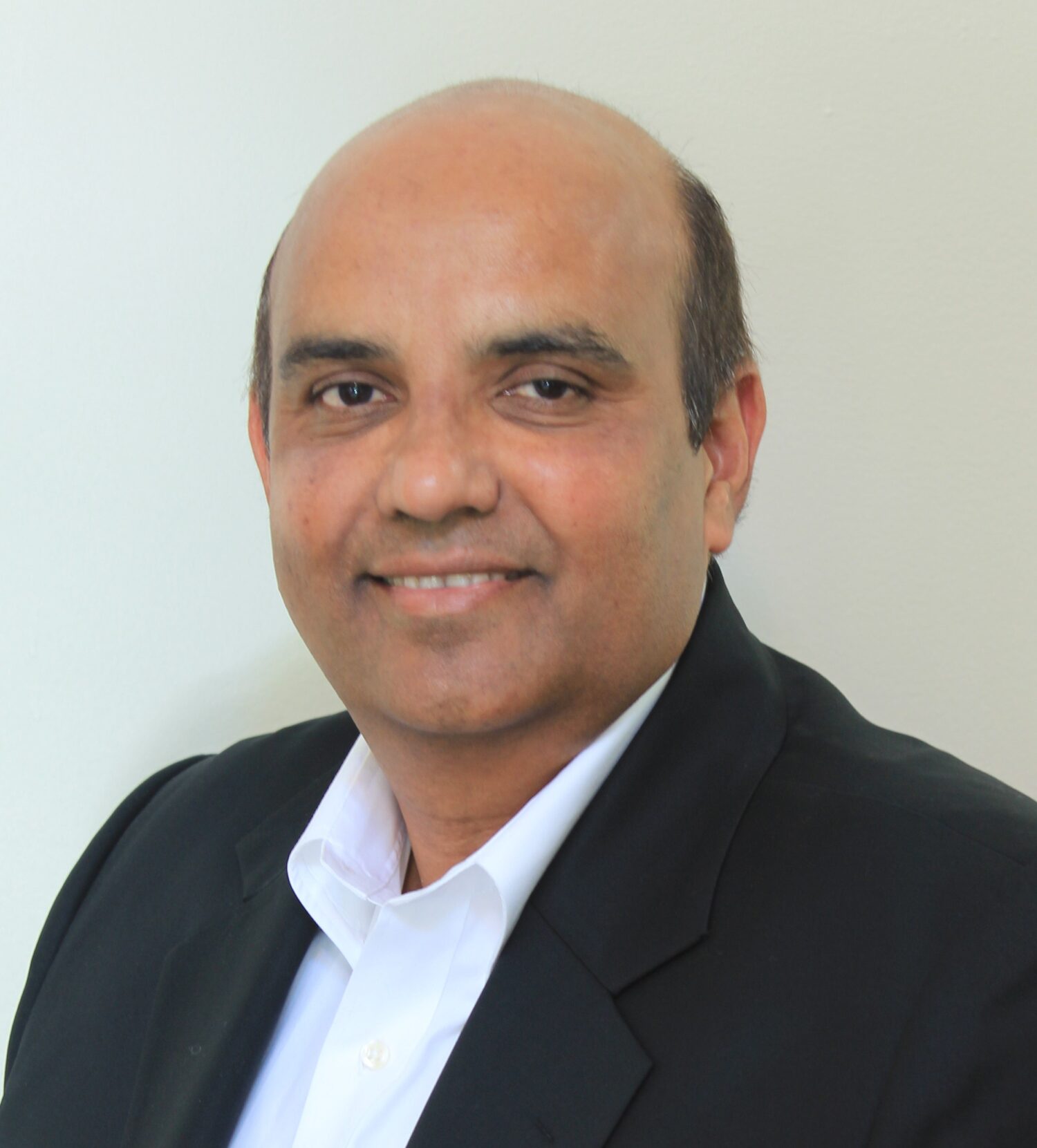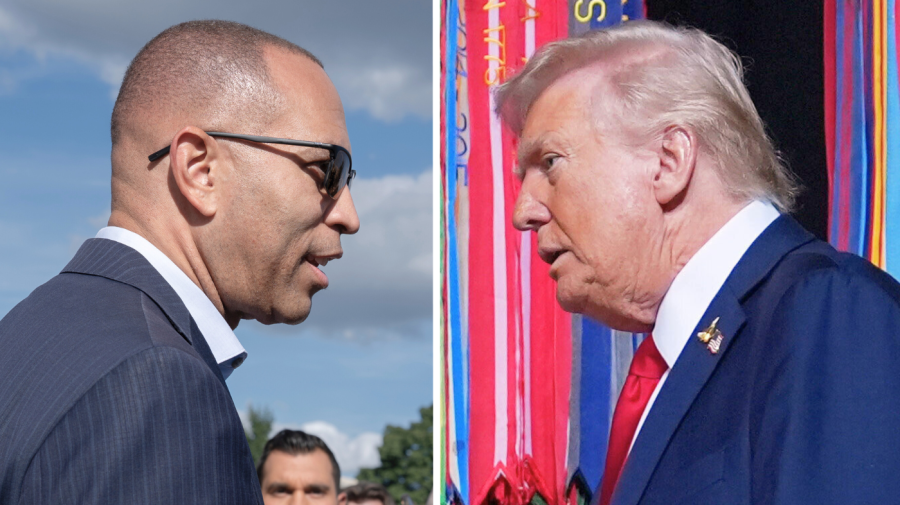
It’s easy to assume that patients take the medications physicians prescribe. But the reality is that medication non-adherence represents one of healthcare’s most persistent and costly challenges. The World Health Organization has identified that medication adherence often has a more significant impact on patient outcomes than the treatment itself. Yet the statistics paint a sobering picture of the current state of patient compliance.
In the United States alone, medication non-adherence accounts for 50% of treatment failures and approximately 125,000 preventable deaths annually. The financial impact is equally staggering, with 25% of hospital admissions and 10% of all hospitalizations directly linked to patients not following their prescribed medication regimens. The fallout from medication non-adherence is costly, too. The crisis generates between $100-300 billion in avoidable healthcare costs each year through unused medications, unnecessary diagnostic tests, and excessive healthcare provider visits.
The root cause of this epidemic lies in fragmented communication between patients and healthcare providers. Traditional healthcare delivery models create information silos that leave patients isolated in their treatment journey, while clinicians lack real-time visibility into patient behaviors and outcomes. Existing medical devices and applications often operate in isolation, failing to provide the comprehensive ecosystem needed to support sustained patient engagement and adherence.
The complexity of coordinating care across multiple stakeholders—patients, clinicians, medical devices, and pharmaceutical companies—demands innovative solutions that can seamlessly integrate disparate systems while maintaining strict compliance with healthcare regulations.
Building a Comprehensive IoMT Ecosystem
Recognizing the urgency of addressing medication non-adherence, a leading multinational technology manufacturer with operations across more than 40 countries developed a comprehensive Internet of Medical Things (IoMT) ecosystem to address the issue. The solution focused on three core strategic pillars designed to transform patient care delivery.
- Establishing a Unified IoMT Ecosystem
The foundation of the solution involved creating a seamless communication network that connected all healthcare stakeholders. This unified ecosystem integrates compliant medical applications with intelligent IoMT devices, enabling unprecedented data sharing capabilities while maintaining strict adherence to international healthcare standards, including HL7 FHIR, HITRUST r2, and HIPAA compliance.
- Developing a Patient-Centric Mobile Application
At the heart of the ecosystem, the team designed a user-friendly mobile application that empowers patients to participate in their healthcare journey actively. The application enables patients to log their medication schedules, share progress with healthcare providers, and track their adherence patterns in real-time. The platform incorporates intelligent alert systems with customizable reminder options delivered through multiple channels, including SMS, in-app notifications, and email, ensuring patients receive medication reminders through their preferred communication method.
- Providing Actionable Insights for Healthcare Professionals
The solution extends beyond patient engagement by offering clinicians authorized access to patient data, enabling more informed medical decision-making. Pharmaceutical companies benefit from valuable insights while receiving regulated software solutions that comply with stringent requirements for protecting patient information and processing data. This multi-stakeholder approach ensures that all participants in the healthcare ecosystem can leverage shared data to improve patient outcomes while maintaining high standards of privacy and security.
Measurable Impact Across Healthcare Delivery
The implementation of this comprehensive IoMT solution delivered substantial improvements across multiple healthcare metrics, demonstrating the transformative potential of patient-centered digital health technology.
The patient-centric mobile application achieved an impressive 89% retention rate, which is significantly higher than the typical retention rate of healthcare applications. This exceptional engagement reflects the application’s user-friendly design and its effectiveness in meeting genuine patient needs. The high retention rate suggests that patients derive sustained value from the platform, laying the groundwork for long-term changes in healthcare behavior.
Most significantly, patient engagement with the application resulted in medication adherence rates reaching 75%—a substantial improvement over baseline measurements. This achievement demonstrates the effectiveness of the platform’s reminder systems, progress tracking capabilities, and patient empowerment features in encouraging consistent medication compliance. The 75% adherence rate represents a significant step toward closing the medication adherence gap, which costs the healthcare system hundreds of billions of dollars annually.
The wealth of real-time patient data generated by the platform enables clinicians to make more informed, data-driven treatment decisions. Healthcare providers can now access comprehensive patient medication patterns, adherence trends, and outcome metrics, allowing for personalized treatment plan adjustments and proactive intervention strategies. This visibility into patient behaviors supports more effective care coordination and potentially better health outcomes across patient populations.
Beyond immediate patient care improvements, the platform serves as a valuable tool for gathering clinical research data, facilitating advancements in evidence-based medicine and disease management protocols. The application supports the development of patient-centered healthcare solutions while improving both the efficiency and effectiveness of medical research initiatives. This research capability creates opportunities for continuous improvement in treatment protocols and medication management strategies.
Looking Forward: The Future of Connected Healthcare
This successful IoMT implementation demonstrates that comprehensive, patient-centric digital health solutions can meaningfully address one of healthcare’s most persistent challenges. By creating seamless connections between patients, providers, devices, and pharmaceutical companies, healthcare organizations can achieve measurable improvements in patient outcomes while reducing system-wide costs.
The 75% medication adherence rate achieved through this initiative represents more than a statistical improvement—it translates to thousands of prevented hospitalizations, reduced treatment failures, and ultimately, saved lives. As healthcare continues its digital transformation, solutions that prioritize patient engagement while enabling data-driven clinical decisions will become increasingly critical to sustainable healthcare delivery.
For healthcare technology leaders, this case study illustrates the importance of holistic ecosystem thinking, regulatory compliance, and patient-centered design in developing solutions that can create a lasting impact across the healthcare continuum.
About Pravin Tiwari
Pravin Tiwari is the Executive Vice President and Business Head at FPT Americas, a subsidiary of FPT Software, spearheading global initiatives that deliver sustainable, long-term value for customers and partners. With over two decades of senior management experience at the House of Tatas and FPT Software, Pravin has consistently driven innovation, operational excellence, and technology transformation across various industries, including healthcare, media, and manufacturing.














